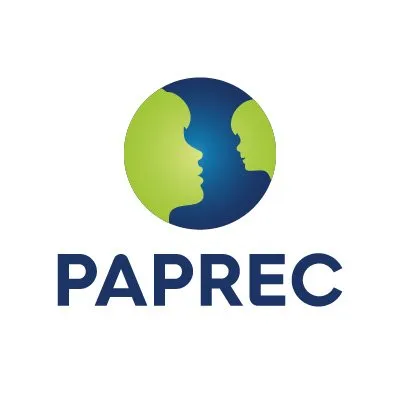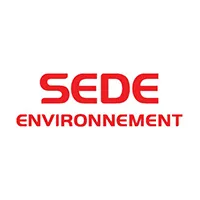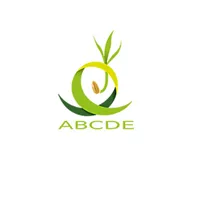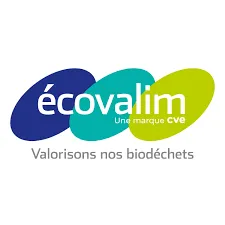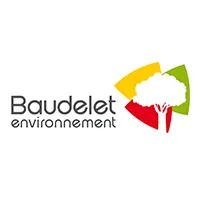Our equipment transforms biowaste into bioresources
Virtuous treatment of packaged biowaste is only possible if the soup is of the right quality, to ensure better methanization and, above all, better return to the soil.
-06.svg)

Our high-performance equipment


Optimised depackaging solution for recovering 2,500 tonnes to 12,000 tonnes of biowaste per year.
Discover Flexidry

Optimised depackaging solution for recovering 10,000 tonnes to 35,000 tonnes of biowaste per year.
Discover Flexiboost

Plug&play filtration solution: increase the quality of any organic soup.
Discover FlexipureThey close the biowaste loop
Christophe Rousseau
.jpg)
On our installation, we were looking for a tool that would enable us to obtain a perfect pulp, with no undesirable ingredients. After equipping ourselves with the Flexidry, which had the most promising properties in terms of pulp quality, we worked closely with Green Creative to develop and install a Flexiboost line in order to meet our new throughput challenges and obtain even better pulp quality, which is vital because we use the digestate produced by methanisation for our own fields, and are the first to ensure that biowaste is returned to the soil in perfect condition.


Vincent Tillol

"After a first experience of depackaging, we decided to invest in FLEXIDRY equipment to obtain an organic pulp with no plastic residues. Biowaste recovery is a demanding profession, requiring impeccable know-how. Flexidry's pulp quality meets our objectives and enables us to produce clean compost with no residues."
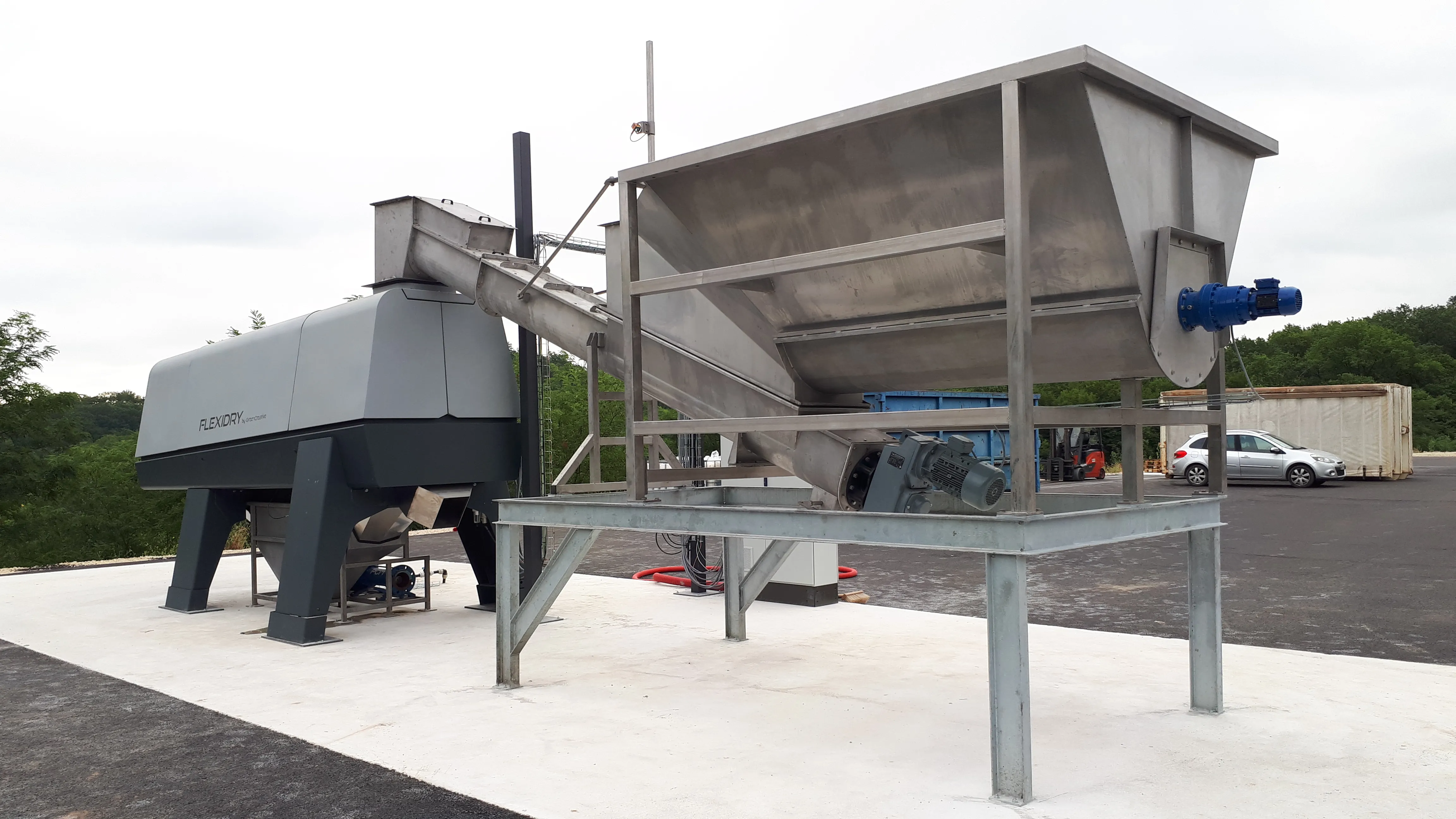

Jean-Pierre Delaporte

"We chose the Flexidry because of the quality of the organic pulp produced after depackaging the biowaste. This is a key issue for us, because we work with farming partners who will use the digestate as fertiliser in their fields, after the organic matter has been converted into biogas. It is therefore necessary to produce an organic pulp with a very high level of purity and no plastic residues."
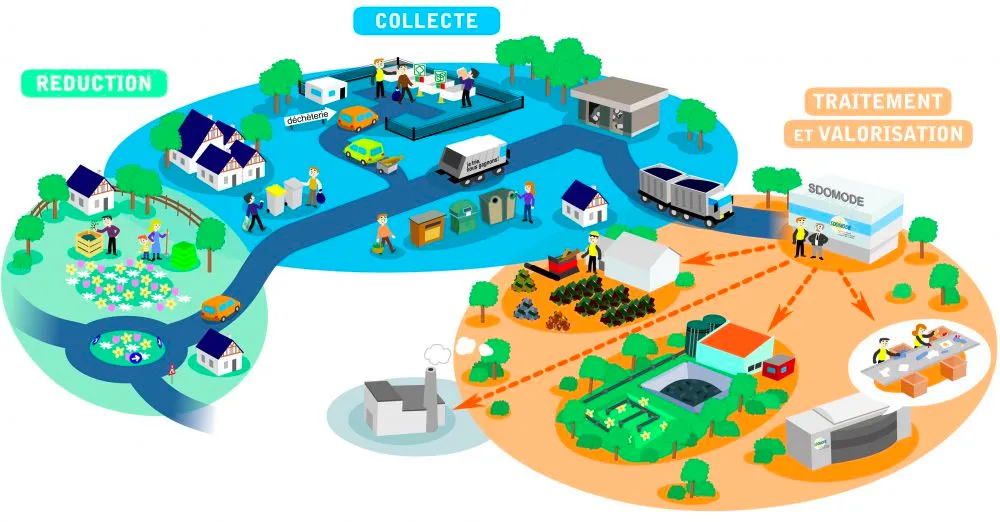
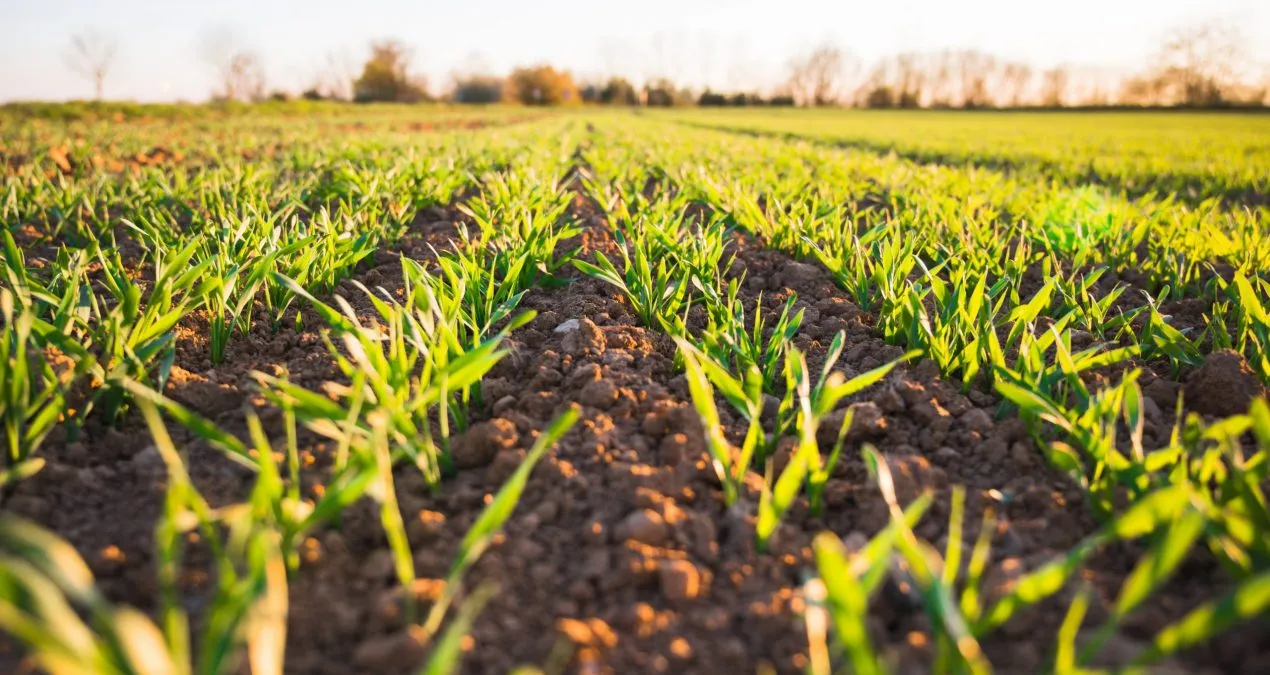
Florent Sanviti
.webp)
"We chose Flexidry because it is manufactured in France and the quality of the pulp produced is superior to other competitors equipment. Flexidry improved our composting conditions and the quality of the compost produced."


A better understanding of the biowaste sector
I want to set up a biowaste recovery business in my area. What are the main stages ?
Biowaste recovery is a local issue. You need to understand who the players in the biowaste loop are at local level, and how you can get involved. To find out all you need to know, Green Creative has produced a white paper entitled "The 10 essentials for getting started with biowaste", available here.
What are the regulatory requirements for soup quality ?
Pursuant to the decree of 02 March 2023 - ICPE heading, the regulatory thresholds for inerts present in the post-deconditioning organic soup to be complied with are established at 0.3% in the dry matter. These thresholds apply to plastic, glass and metals larger than 2mm. FLEXI technology produces a soup with a 0.1% inert content.
What is the difference between Flexi technology and deconditioning by shredding ?
During deconditioning, when packaged bio-waste is shredded with its container, it is much more difficult to obtain a quality of organic soup without inert materials, because the plastic is shredded and mixed with the organic material. FLEXI technology, by contrast, is a "soft" technology. Based on a unique perforation-compression system, the packaging is not shredded and the organic soup quality is maintained.
How do I choose the right deconditioning line for my project ?
Your choice of packaging line will be determined by the forecast tonnage of biowaste you intend to recycle per year. Our deconditioning solutions are suitable for projects ranging from 5,000t to 25,000t per year, for all types of biowaste.
Book an appointment with our experts
Context, feasibility, business model and environmental impact, let's discuss your biowaste project.
Contact us




.webp)

